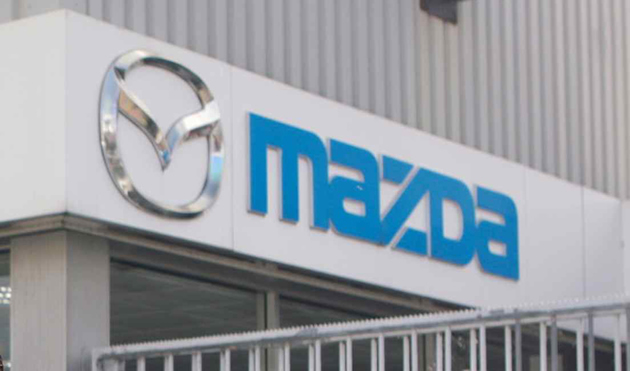EDITORIAL COMMENT: Govt’s buy local initiative progressive

 The move by Government to enforce Cabinet Circular No 16 of 2011 that was issued by the Office of the President and Cabinet, which stipulates that all Government institutions should buy 80 percent of their vehicles locally in order to support the local vehicle assembly industry and conserve scarce foreign currency reserves, is commendable and a move in the right direction.
The move by Government to enforce Cabinet Circular No 16 of 2011 that was issued by the Office of the President and Cabinet, which stipulates that all Government institutions should buy 80 percent of their vehicles locally in order to support the local vehicle assembly industry and conserve scarce foreign currency reserves, is commendable and a move in the right direction.
While long overdue because Government Ministries, departments, State enterprises and parastatals and even the legislature had continued to flout the directive and in so doing exported jobs, it is better late than never.
It is refreshing that Government is finally warming up to the Buy Zimbabwe campaign and practicing what it preaches.
Charity begins at home.
Government needs to be seen to support its local industry before it persuades any other person in the country to follow suit. It is our hope that this time around Government will come down hard on defaulters.
The fact that the country’s entire motor industry exported 760 cars against 52 000 imports in 2013 does not augur well for the country, which is battling to contain ballooning imports and liquidity challenges at a time focus is on the implementation of the Zim-Asset, which places emphasis on reviving local industry and job creation.
Already, Quest Motor Corporation has made great strides in reviving operations at its Mutare vehicle assembly plant where it is assembling a variety of vehicles such as the Foton Tunland, JMC and Cherry Tiggo vehicles.
While the company has already employed plus 50 employees, the figure is way below the 3 000 that it could employ when operating at full capacity.
With a capacity to produce 105 cars per day and 100 buses monthly, the directive will hopefully enable the company to boost production and increase capacity and employment levels.
On the other hand, Willowvale Mazda Motor Industries was allowed to retrench about 101 employees yet it requires in excess of $1 million to revive operations, which is way below the millions that were paid to import the top-of-the-range vehicles that were imported into the country.
This was allowed to happen despite the fact that the vehicle assemblers have the capacity to assemble both small cars and trucks that can compete with other models that are being imported by Government departments such as the Mazda BT 50.
The enforcement of the directive will not only breathe life into the two operations, but will also benefit downstream industries that relied on these two assembly plants that deal in paints, solvents, tyres, batteries, carpets, fuel and oils.
It is our hope that arguments that locally assembled vehicles do not meet the required specifications previously used to justify the importation of vehicles will not be entertained.
Government should insist on neutral specifications (that are not brand-specific) for the vehicles to allow competition among suppliers of different makes and models.
It is heartening to note that some Government departments have not waited for the Government directive, but have embraced the directive, notably the Zimbabwe National Army, Zimbabwe Republic Police and ZINWA.
It is our hope that this is the beginning of a complete turnaround in the motor vehicle assembly sector.







Comments